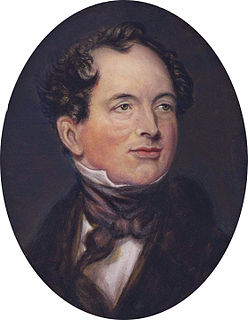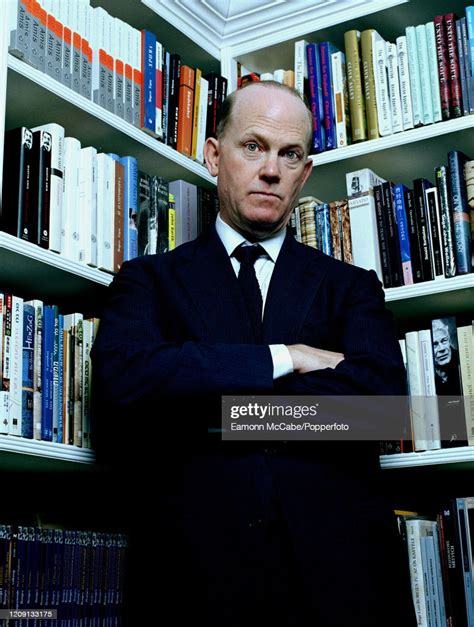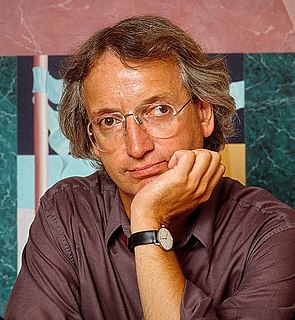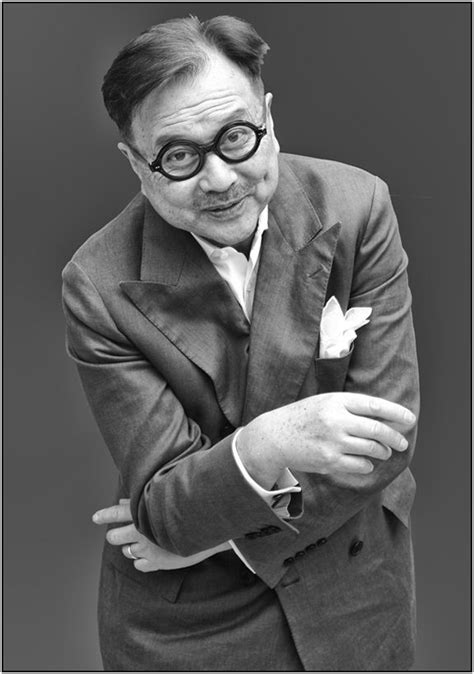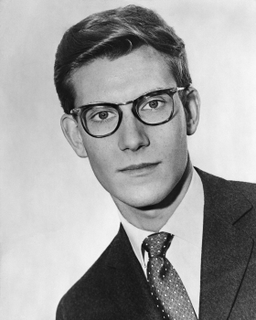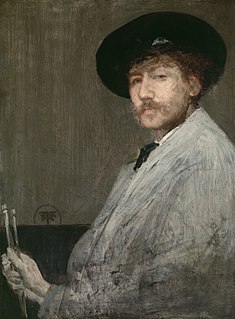A Quote by William Blake
Poetry, Painting & Music, the three Powers in man of conversing with Paradise, which the flood did not sweep away.
Related Quotes
If a man is called to be a street sweeper, he should sweep streets even as a Michaelangelo painted, or Beethoven composed music or Shakespeare wrote poetry. He should sweep streets so well that all the hosts of heaven and earth will pause to say, 'Here lived a great street sweeper who did his job well.
The many great gardens of the world, of literature and poetry, of painting and music, of religion and architecture, all make the point as clear as possible: The soul cannot thrive in the absence of a garden. If you don't want paradise, you are not human; and if you are not human, you don't have a soul.
The true essence of Chinese culture is sophistication, refinement, the spirit of poetry. The spirit of ink painting and calligraphy lives on forever. Calligraphy is more important than painting. Chinese always consider nature. Man is a very small part of nature. That's why in Chinese painting you see huge mountains and man very small, very humble before nature. You must be harmonious and one with nature. You don't fight it. And then there's a bit of a poetry. Of course, it's very complicated, but also very simple.




